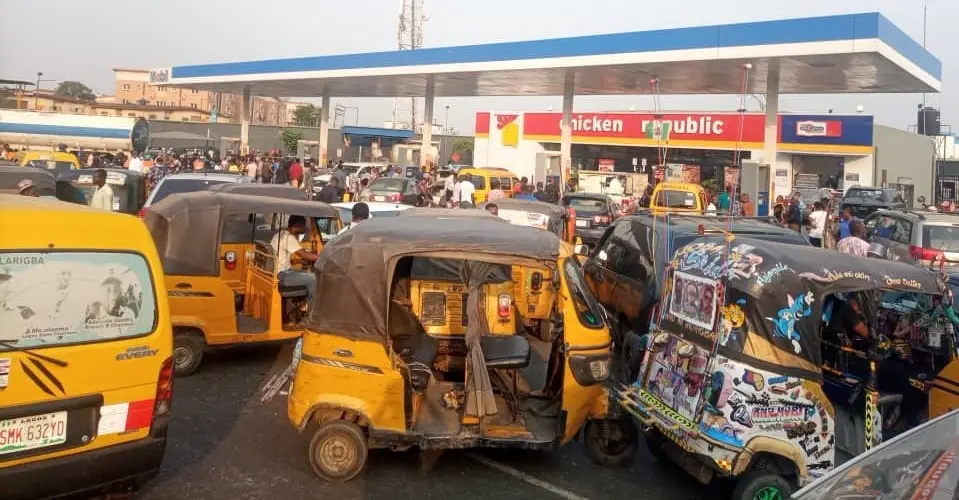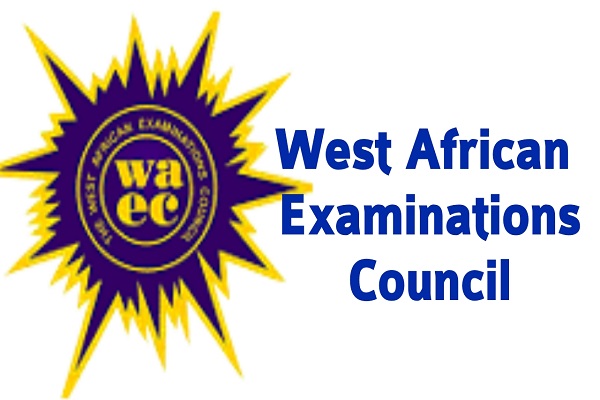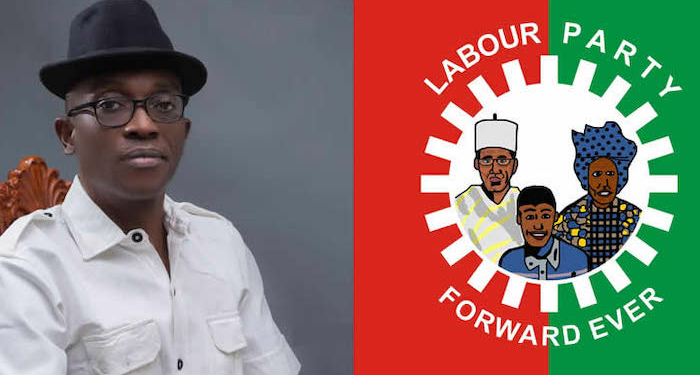Marketers under the umbrella of the Petroleum Products Retail Outlets Owners Association of Nigeria (PETROAN) and the Independent Petroleum Marketers Association of Nigeria (IPMAN) have explained the recent scarcity of Premium Motor Spirit (PMS) in the Federal Capital Territory (FCT) and surrounding areas.
Dr. Harry Billy, the National President of PETROAN, stated that the sole source of fuel for their members is the Nigerian National Petroleum Company Limited (NNPCL). When there is no fuel available, it means the state-owned oil firm has not supplied the product.
"We as members of PETROAN are sourcing for the product, and the only way we source for the product is from NNPCL. So whenever NNPCL gives us the product, we will deliver," Dr. Billy explained.
When questioned about the scarcity at NNPCL depots, Dr. Billy clarified, "We are not the importers. We are not the ones keeping the daily inventory, so we cannot say whether NNPCL has the product or not. We are the extension that makes their efficiency. So if you see scarcity like this, it is simply the fact that our principals are working out the process to see how they can buy PMS for our members. That is exactly how it is."
READ ALSO
Fuel Scarcity Grips Nigeria: Commuters Stranded, Black Market Flourishes
Attempts to reach NNPCL Chief Corporate Communications Officer, Mr. Olufemi Soneye, were unsuccessful as he did not respond to calls and text messages from The Nation.
Alhaji Abubakar Maigandi, IPMAN's National President, stated in a phone interview that "loading is very slow at the depots." He also noted that private depots in Lagos have increased their prices from N630 to N650 per liter to N715 per liter in the past two weeks. However, he mentioned that the NNPCL has not adjusted its depot price, which remains at N570 per liter.
The scarcity has caused significant tension in the FCT, with only a few retail outlets, mostly NNPCL stations, remaining open to customers. NNPCL outlets were vending fuel for N617 per liter, attracting endless queues. In contrast, stations of A.A. Rano and NipCo sold fuel for N690 per liter, leading to frantic competition among motorists to secure the product. Black marketers took advantage of the situation, selling petrol in 10-liter plastic containers for between N9,000 to N11,000.
The ongoing scarcity highlights the critical need for efficient fuel supply and distribution to prevent future disruptions and ensure that the demand for PMS is adequately met in the FCT and beyond.




